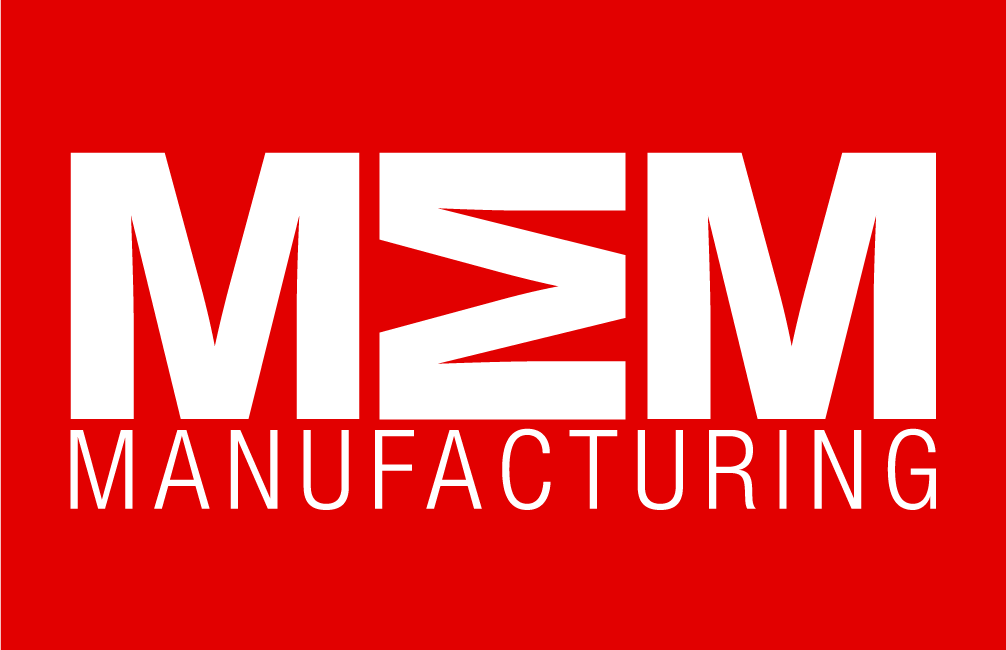The European Chemicals Agency (ECHA) has expressed concern over the material composition of a number of common, domestic and commercial products and called for more thorough restrictions on phthalates to be put in place in order to mitigate risk to public health. The organisationâs comments follow are in concurrence with government in Denmark and, if legislated, would include imported products from outside the EU.
Phthalates remain one of the main plasticisers in the plastics industry and are regularly found in plastic compounds found at in the home as well as commercial and industrial settings. Whilst they vary in toxicity and application, phthalates are typically used to enhance flexibility to produce products such as PVC or improve transparency, strength, and long-term durability.
Despite their widespread use and, indeed, their usefulness, phthalates are not without controversy. Over the last five years, research has drawn links between phthalates and a number of serious illnesses and health conditions including cancer and birth defects. Moreover, because there is no covalent bond between phthalates and plastics, phthalates are easily released into the environment. With a high carbon content and the relative ease with which they are decomposed, they thus pose increased risk to the environment.
Under the Annex XV dossier, phthalates including BBP, DIBP, DBP and DEHP could potentially be banned for use in consumer products. The embargo would therefore cover anything from rudimentary products like flooring and coated fabrics, as well as commodities such as mattresses, desk tidys and various other moulded plastic products.
The organisationâs proposal seems to come in direct response to recent and somewhat alarming research which identified the particular threat phthalates pose to the human endocrine system, i.e. the bodily system which regulates hormone levels and affects fertility.
Whilst critics have expressed concern over the amount it would cost to enforce such restrictions and, furthermore, pointed out just how costly non-phthalate plasticisers remain, ECHA has maintained a firm stance. The cost â calculated at some â¬16.9m per year â would be outweighed, ECHA insists, by the dramatic savings to public health and environmental damage which is predicted to be somewhere in the region of â¬32.2m per year.















